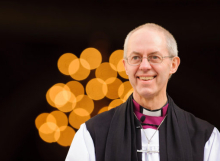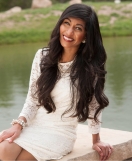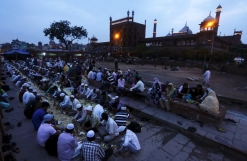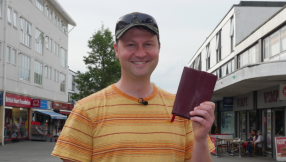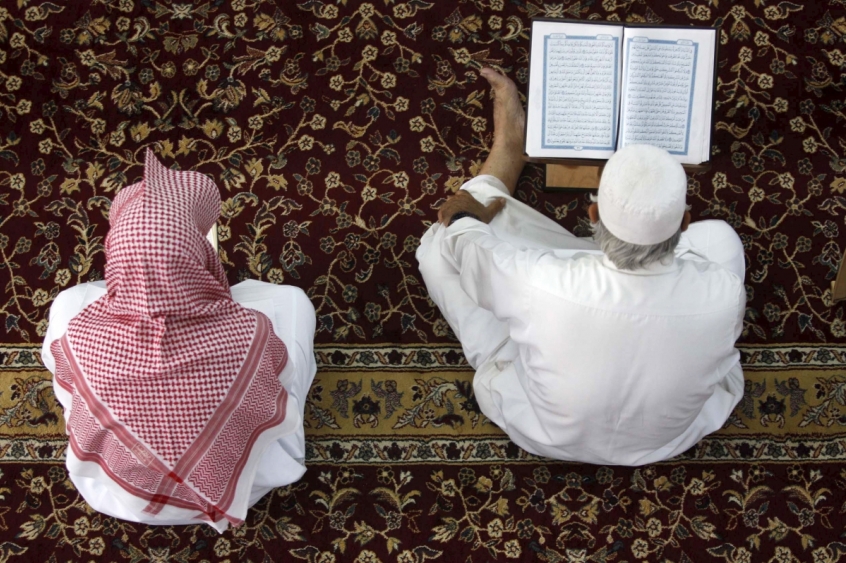
The holy month of Ramadan is fast approaching. Observed by Muslims around the world, it marks the first revelation of the Qur'an to the Prophet Mohammed. Followers of Islam abstain from eating and drinking in daylight hours during Ramadan, choosing instead to feast before sunrise and after sunset.
When is it this year?
This year, Ramadan begins on June 6, and will continue for 30 days until Tuesday, July 5. The calendar is based on the lunar cycle. The month begins with the sighting of the crescent moon on June 6, and the first day of fasting will commence the following day at sunrise.
Why fasting?
Fasting is one of the 'Five Pillars', or most important practices, of Islam. The others are the shahadah, the declaration of faith; salat, the five daily prayers; zakat, or almsgiving; and the hajj, the pilgrimage to Mecca.
According to the faith, every Muslim must satisfy these five obligations in order to live a good and responsible life, putting their faith into action. It's also seen as a time to 'spiritually recharge' and draw closer to Allah, and to practise giving generously to charity.
What do Muslims fast from, then?
All food, though it doesn't stop there. During the day, anything with caffeine – tea, coffee, fizzy drinks – are forbidden, as are smoking and sexual intercourse.
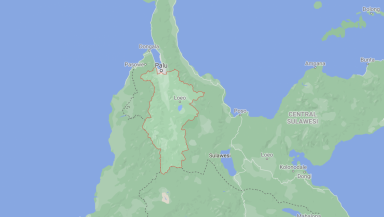
Some people are exempt, though. Children – usually until they reach puberty, though some start earlier – elderly people and the sick, travellers and women who are breastfeeding or menstruating.
What happens once the sun goes down?
Sundown is known as 'iftar', and Muslims break their fast at this point. There are evening prayers, and families will share dinner together. In the morning before dawn, another meal – the 'suhoor' – will be eaten before fasting begins again.
What happens at the end of the month?
The fast ends with the festival of Eid al-Fitr, which is celebrated with gifts to charity and to one another, visits and parties. 'Eid Mubarak' – 'Happy Eid' is a common greeting.










